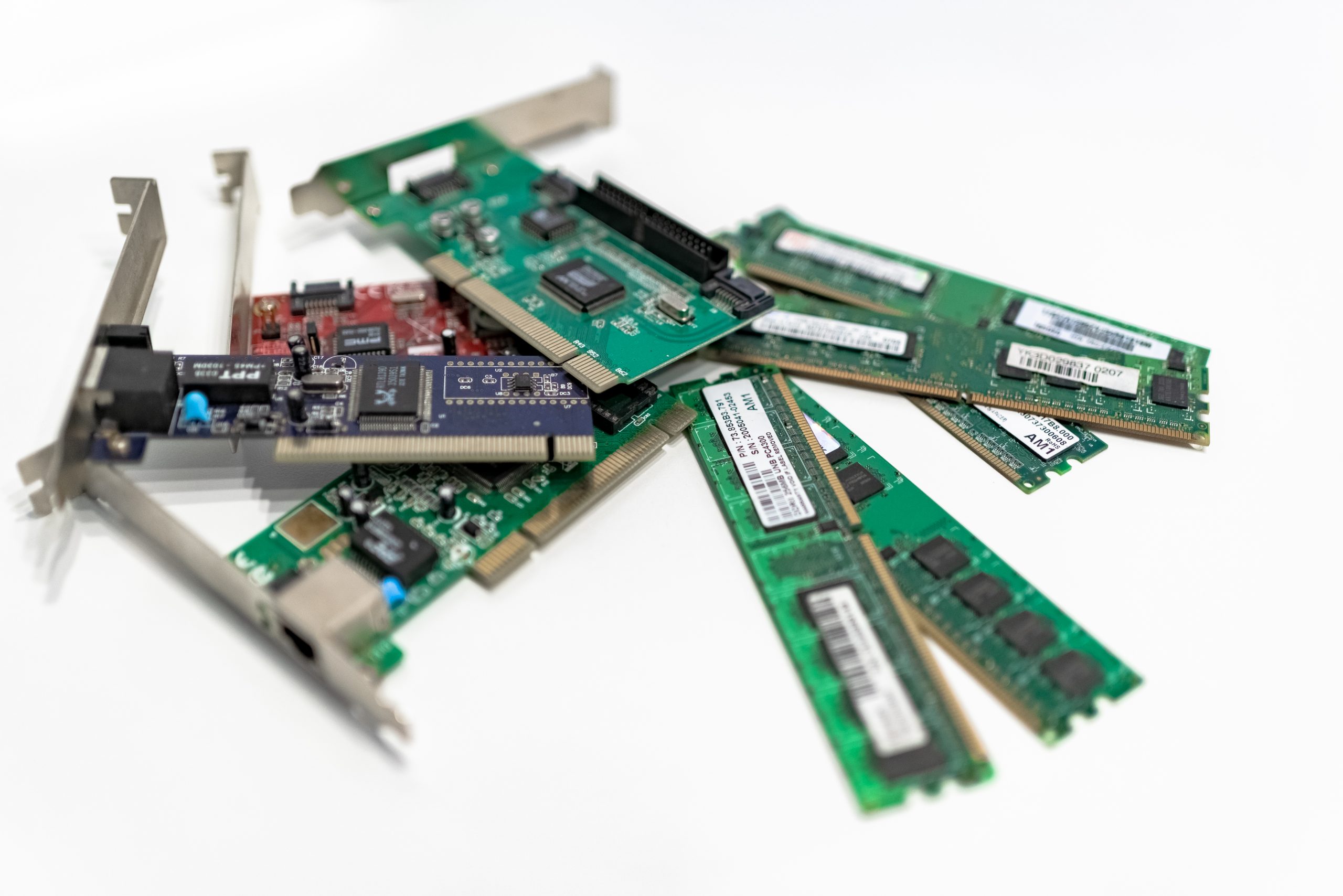In today’s digital age, the protection of sensitive data is of utmost importance for businesses. Achieving PCI compliance not only ensures that businesses meet the standards set by the Payment Card Industry Security Standards Council, but it also safeguards against data breaches, fraud, and costly penalties. In this article, you will find inspiring success stories of businesses that have achieved PCI compliance and how it has positively impacted their operations. By understanding these real-life examples, you can gain valuable insights into the benefits of achieving PCI compliance and why it is crucial for your business’s success. As you read through this article, you will also find answers to frequently asked questions related to PCI compliance, empowering you with the knowledge needed to protect your business and its reputation.

Understanding PCI Compliance
PCI Compliance, or Payment Card Industry Compliance, refers to the set of security standards that businesses must adhere to in order to protect the sensitive data of their customers during credit and debit card transactions. These standards are put in place to ensure that businesses handle customer data securely and reduce the risk of data breaches and fraud.
Why is PCI Compliance Important?
PCI Compliance is of utmost importance for businesses that handle credit and debit card transactions. By complying with these standards, businesses can protect their customers’ sensitive data, maintain their reputation, and avoid costly data breaches and legal consequences. Non-compliance with PCI standards can result in fines, penalties, and legal action, which can have a devastating financial and reputational impact on businesses.
Who Needs to Be PCI Compliant?
Any business that accepts, processes, stores, or transmits cardholder data must comply with PCI standards. This applies to all organizations that handle credit and debit card transactions, including retailers, e-commerce websites, hospitality businesses, and more. Regardless of the size of the business, PCI Compliance is mandatory in order to ensure the security of customer data.
Benefits of PCI Compliance
Secures Customer Data
One of the primary benefits of PCI Compliance is the enhanced security it provides for customer data. By implementing the necessary security measures, businesses can protect their customers’ sensitive information from falling into the hands of hackers or cybercriminals. This fosters customer trust and loyalty, as they feel confident that their personal and financial information is being handled with the utmost care.
Builds Trust with Customers
PCI Compliance is an essential component in building trust and credibility with customers. By achieving PCI Compliance, businesses demonstrate their commitment to protecting customer data and maintaining the highest standards of security. This builds trust among customers, assuring them that their information is in safe hands, which can lead to increased customer loyalty and repeat business.
Avoids Costly Data Breaches
Non-compliance with PCI standards can leave businesses vulnerable to data breaches, which can have severe financial consequences. Data breaches not only result in financial losses due to fraud and legal fees, but they can also severely damage a business’s reputation. By adhering to PCI Compliance measures, businesses can reduce the risk of data breaches and avoid the associated financial and reputational damages.

Successful Case Studies
Case Study 1: Retail Company X
Company Background
Retail Company X is a well-established multinational retail chain with a large customer base. With numerous transactions taking place daily, securing customer data was of paramount importance to the company.
Challenges Faced
Retail Company X faced the challenge of ensuring the security of customer data across its various point-of-sale terminals and online platforms. With a vast network of stores and a significant online presence, the company needed a comprehensive solution to achieve and maintain PCI Compliance.
Implementation of PCI Compliance Measures
The company implemented various measures to achieve PCI Compliance. These included network segmentation, encryption of cardholder data, regular vulnerability scanning, and the implementation of strong access controls. Additionally, the company invested in employee training and awareness programs to ensure compliance at all levels.
Results and Impact
By successfully achieving PCI Compliance, Retail Company X demonstrated its commitment to data security and gained the trust of its customers. The implementation of PCI Compliance measures significantly reduced the risk of a data breach, protecting customer data and preserving the company’s reputation. As a result, the company experienced increased customer loyalty and continued growth.
Case Study 2: E-commerce Site Y
Company Background
E-commerce Site Y is a leading online retailer that specializes in selling a wide range of products to customers worldwide. With a high volume of online transactions, ensuring the security of customer data was essential for the success of the business.
Challenges Faced
E-commerce Site Y faced the challenge of ensuring secure online transactions while maintaining a seamless user experience. The company needed to protect customer data from the moment it was entered on the website until the completion of the transaction. Non-compliance with PCI standards could lead to a loss of customer trust and a decline in sales.
Implementation of PCI Compliance Measures
To achieve PCI Compliance, E-commerce Site Y implemented various security measures. These included the use of data encryption, secure payment gateways, and regular vulnerability scanning. The company also conducted regular audits and assessments to ensure ongoing compliance and identify any areas of improvement.
Results and Impact
By achieving PCI Compliance, E-commerce Site Y demonstrated its commitment to maintaining the highest standards of security for its customers. This enhanced trust among its customer base, resulting in increased online sales and customer satisfaction. The successful implementation of PCI Compliance measures also prevented any costly data breaches, ensuring the long-term success and reputation of the business.
Case Study 3: Hospitality Business Z
Company Background
Hospitality Business Z is a luxury hotel chain known for providing exceptional services to its guests. With multiple locations and a variety of payment options, protecting customer data was crucial to the reputation and success of the business.
Challenges Faced
Hospitality Business Z faced the challenge of securing customer payment information across its different facilities, including hotels, restaurants, and spas. With numerous touchpoints for customer transactions, ensuring PCI Compliance was essential to safeguarding customer data and maintaining the trust of their high-end clientele.
Implementation of PCI Compliance Measures
To achieve PCI Compliance, Hospitality Business Z implemented a range of security measures. These included the secure storage of cardholder data, regular network monitoring, and the use of trusted and compliant payment processors. The company also provided comprehensive training to its employees to ensure compliance across all departments.
Results and Impact
By successfully implementing PCI Compliance measures, Hospitality Business Z not only protected its customers from potential data breaches but also enhanced its reputation as a trusted and secure luxury hotel chain. The implementation of PCI Compliance measures demonstrated the company’s commitment to excellence in customer service and data security, resulting in increased customer loyalty and positive word-of-mouth recommendations.
How to Achieve PCI Compliance
Establishing Security Measures
To achieve PCI Compliance, businesses must establish stringent security measures to protect cardholder data. This includes implementing strict access controls, regularly updating and patching systems, and using secure encryption methods to protect sensitive information both at rest and during transmission.
Securing Networks and Systems
Businesses must ensure that their networks and systems are secure to prevent unauthorized access and potential data breaches. This includes implementing firewalls, using secure authentication protocols, and regularly monitoring network activity to identify and address any vulnerabilities.
Regular Audits and Assessments
Regular audits and assessments are crucial to maintaining PCI Compliance. These assessments help identify areas of non-compliance and vulnerabilities, allowing businesses to take appropriate measures to rectify them. Businesses should also conduct internal audits and engage third-party assessors to ensure that they meet the necessary compliance requirements.
Common Mistakes to Avoid
Failure to Regularly Update Security Systems
One common mistake businesses make is failing to regularly update and patch their security systems. Outdated systems can contain vulnerabilities that hackers can exploit, leaving businesses at risk of a data breach. Regular updates and patches are essential to address these vulnerabilities promptly and maintain a secure environment.
Neglecting Employee Training and Awareness
Another common mistake is neglecting employee training and awareness programs. Employees play a critical role in maintaining PCI Compliance, and it is essential for businesses to educate them on security protocols, best practices, and the importance of safeguarding customer data. Regular training programs can help reinforce compliance measures and reduce the risk of human error.
Neglecting Third-Party Compliance
Businesses that rely on third-party service providers must ensure that these providers also comply with PCI standards. Neglecting to assess the compliance of third-party vendors can expose businesses to potential vulnerabilities. It is crucial to establish clear expectations and regularly evaluate third-party compliance to maintain robust security standards throughout the ecosystem.
The Future of PCI Compliance
Emerging Technologies and Trends
The future of PCI Compliance is closely tied to emerging technologies and trends in the payment industry. Advancements such as tokenization, biometrics, and AI-powered fraud detection systems hold promise in enhancing security and reducing the risks associated with payment transactions. Businesses must stay abreast of these developments and adapt their compliance measures accordingly.
Ongoing Evolution of Compliance Standards
As the payment landscape evolves, so do compliance standards. To stay compliant, businesses must remain up to date with the latest PCI standards and ensure that their security measures align with current requirements. Regular assessments and audits are vital to identify any gaps in compliance and implement necessary changes.
Predictions for the Future
In the future, PCI Compliance is expected to become even more stringent as technology advances and cyber threats evolve. The focus on data protection and security will continue to grow, with increased emphasis on proactive measures such as real-time security monitoring, advanced encryption methods, and more robust authentication protocols.

Frequently Asked Questions (FAQs)
What happens if a business is not PCI compliant?
Failure to comply with PCI standards can result in severe consequences for businesses. Non-compliant businesses may face fines, penalties, legal action, and reputational damage. Additionally, they may be denied the ability to process card payments by acquiring banks, potentially leading to significant financial losses.
How much does it cost to achieve PCI compliance?
The cost of achieving PCI Compliance varies depending on the size and complexity of the business, as well as the level of required security measures. Costs can include investments in hardware, software, security audits, employee training, and ongoing maintenance. It is important for businesses to consider the long-term benefits and potential savings from avoiding data breaches when assessing the cost of achieving compliance.
Are there any exemptions or exceptions for small businesses?
While PCI standards apply to businesses of all sizes, there are certain requirements and validation levels that may be adjusted for small businesses. Small businesses may benefit from simplified self-assessment questionnaires and reduced reporting requirements. However, it is essential for all businesses, regardless of size, to adhere to PCI standards and protect customer data effectively.

































